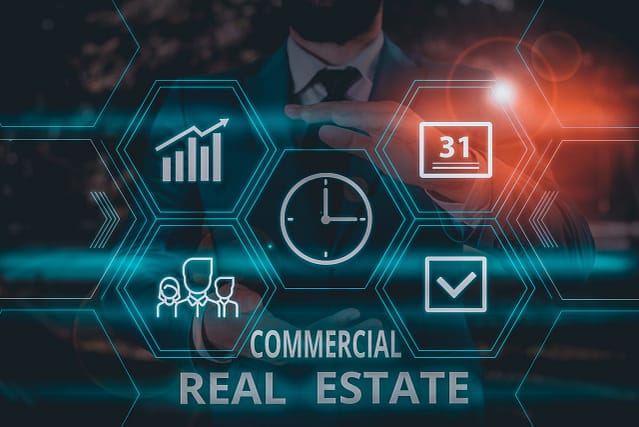
Research conducted by Re-Leased, a leading commercial property management platform, has revealed a significant decrease of 34% in the average length of leases agreed upon by landlords and tenants over the past four years. Analysing data from more than 125,000 properties, it was found that a typical lease duration averaged 52 months in the first quarter of 2019. However, by the first quarter of 2023, this figure had plummeted to just 34 months, reflecting a lease length reduction of 34%.
Perhaps even more striking is the rise in the number of lease terms spanning less than one year. At the beginning of 2019, leases for office spaces with durations of 12 months or less constituted only 15% of the total leases. By the first quarter of 2023, this percentage had surged to a staggering 48% of all leases.
Several factors contribute to this trend, including the growing prevalence of remote work, the emergence of serviced offices, and the integration of flexibility into companies’ real estate strategies. Nonetheless, these developments raise pertinent questions about the future of Proptech adoption in buildings and, crucially, the financial responsibilities associated with implementing such technologies.
During a recent seminar hosted by Trustek, one of the panelists emphasised the challenge of affordability in adopting Proptech, highlighting that shorter lease terms exacerbate this issue. The cost of Proptech, particularly when additional hardware is required, shifts the burden of payment from the occupier to the landlord. When coupled with the escalating costs of financing, it becomes increasingly difficult to envision higher adoption rates in the industry.
Moving forward, property managers must possess a comprehensive understanding of the Proptech landscape and invest only in the technologies that truly enhance their operations. At TAP, we frequently encounter instances where technologies are adopted but seldom utilised or only provide partial benefits. Property managers could benefit from exploring modular systems and selectively procuring the components they require, aligning with the approach offered by the TAP platform. We understand that our clients often procure services from multiple suppliers, and our aim is to provide them with a single module that meets their specific needs.
If you are interested in discussing how our integrated software can help deliver an enhanced occupier service, please do not hesitate to reach out to us. We would be delighted to assist you – Contact – TAP (tap-in.co.uk)
